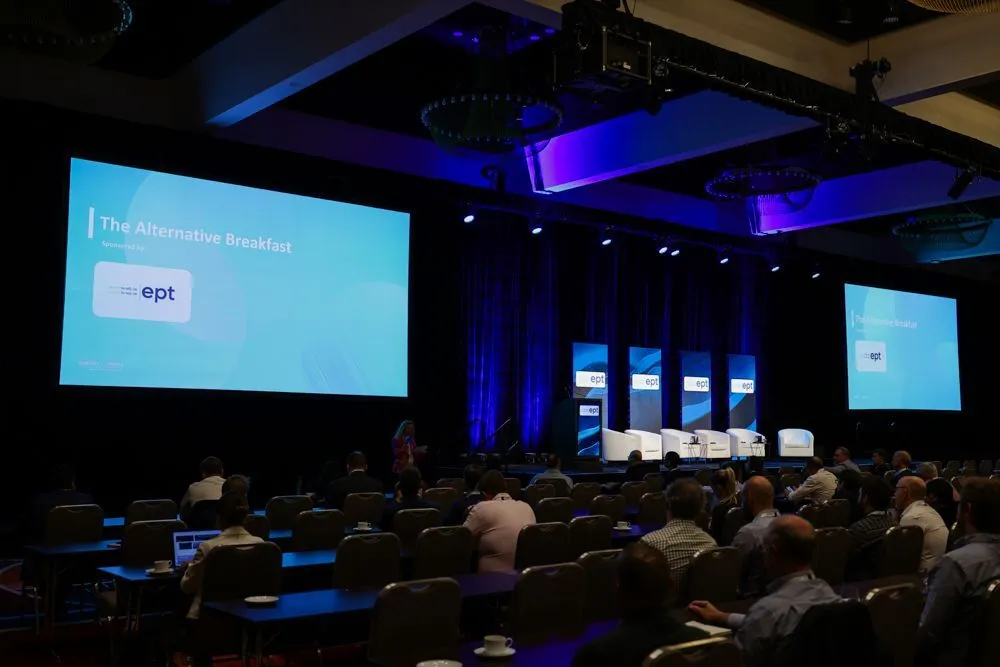The rise of artificial intelligence (AI) in education has brought significant advancements, but it has also introduced new challenges, particularly regarding academic integrity. In Australia, universities face a growing concern over mass cheating facilitated by AI technologies. Academics claim that this trend threatens the integrity of higher education institutions and undermines the value of academic credentials. This article explores the nature of AI-assisted cheating, its impact on universities, and the measures being taken to safeguard academic integrity.
The Rise of AI-Assisted Cheating
AI technologies, such as automated essay-writing tools and sophisticated plagiarism-detection avoidance techniques, have made it easier for students to engage in academic dishonesty. These tools leverage advanced algorithms to produce human-like content that can evade traditional plagiarism detection systems. As a result, students can submit assignments that appear original but are, in fact, generated or heavily assisted by AI.
Key Factors Contributing to AI-Assisted Cheating
- Access to Advanced Tools: The proliferation of AI tools and platforms has made it easier for students to access services that offer essay writing, problem-solving, and even exam-taking capabilities. These tools are often marketed as study aids but can be misused for cheating.
- Pressure to Succeed: The competitive nature of higher education, coupled with the pressure to achieve high grades, can drive students to seek shortcuts. AI-assisted cheating offers a seemingly quick solution to meet academic demands without putting in the necessary effort.
- Lack of Awareness: Many students may not fully understand the ethical implications of using AI tools for academic work. The blurred lines between legitimate assistance and cheating can lead to unintentional academic misconduct.
Impact on Australian Universities
The rise of AI-assisted cheating poses significant challenges for Australian universities, affecting their reputation, student outcomes, and the overall educational experience.
Threats to Academic Integrity
- Devaluation of Degrees: If AI-assisted cheating becomes widespread, the value of degrees awarded by Australian universities may be called into question. Employers and other educational institutions may doubt the credibility of qualifications, impacting graduates’ job prospects and further study opportunities.
- Erosion of Trust: Academic integrity is foundational to the trust placed in educational institutions. Instances of cheating can erode trust between students and faculty, leading to a more adversarial educational environment and diminishing the sense of community and collaboration.
- Challenges in Assessment: Traditional assessment methods may no longer be sufficient to accurately evaluate student performance. Universities must adapt their assessment strategies to detect and prevent AI-assisted cheating effectively.
Measures to Safeguard Academic Integrity
In response to these challenges, Australian universities are taking steps to address AI-assisted cheating and uphold academic integrity.
Enhancing Detection and Prevention
- Advanced Plagiarism Detection: Universities are investing in more sophisticated plagiarism detection tools that can identify AI-generated content. These tools use machine learning algorithms to detect patterns and anomalies in student work.
- Revamping Assessment Methods: Institutions are exploring alternative assessment methods that focus on critical thinking, problem-solving, and creativity rather than rote memorisation. Oral exams, project-based assessments, and peer evaluations can reduce the opportunities for AI-assisted cheating.
- Promoting Ethical Use of Technology: Educating students about the ethical implications of using AI in their academic work is crucial. Universities are incorporating discussions on academic integrity and the responsible use of technology into their curricula.
Fostering a Culture of Integrity
- Creating Awareness Campaigns: Universities are launching awareness campaigns to highlight the importance of academic integrity and the consequences of cheating. These campaigns aim to foster a culture of honesty and responsibility among students.
- Supporting Faculty: Providing faculty with the necessary resources and training to detect and address AI-assisted cheating is essential. Workshops and seminars can equip educators with the tools to identify suspicious work and engage students in discussions about integrity.
- Implementing Honor Codes: Many universities are adopting honor codes that outline expectations for academic conduct. These codes serve as a reminder of the values and principles that underpin the academic community.
Conclusion
The rise of AI-assisted cheating presents a significant challenge to the integrity of Australian universities. As AI technologies continue to evolve, institutions must remain vigilant in safeguarding academic standards and promoting a culture of integrity. By enhancing detection methods, revamping assessment strategies, and fostering an environment of ethical responsibility, universities can ensure that their degrees retain their value and that students are equipped with the skills and knowledge needed for success. Maintaining academic integrity is not just an institutional responsibility but a collective effort involving students, faculty, and the broader educational community.













